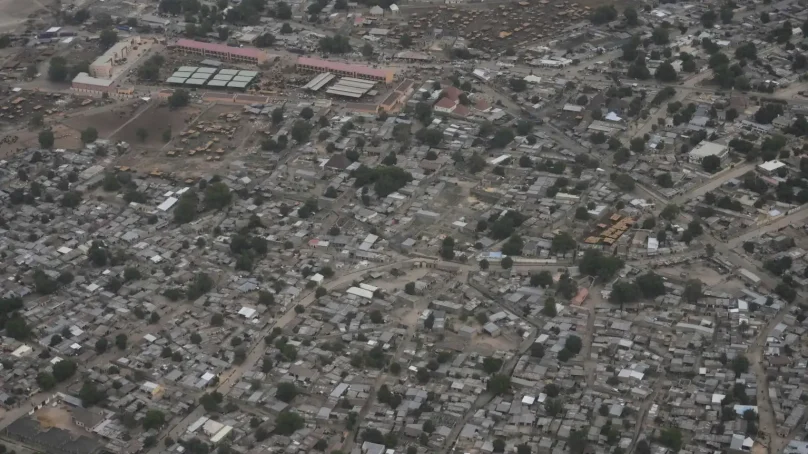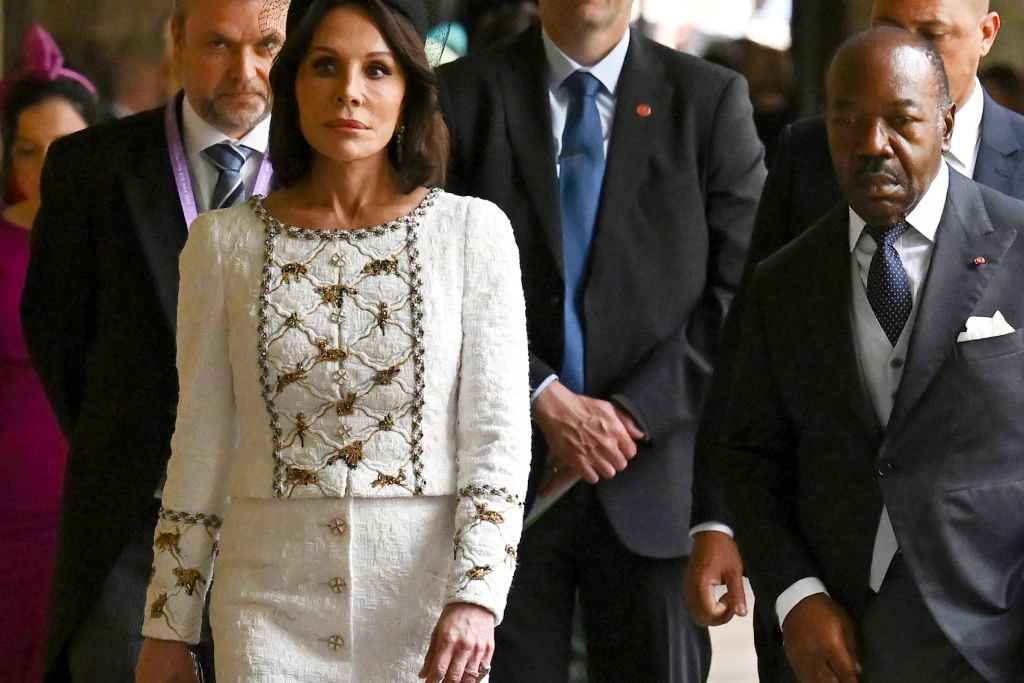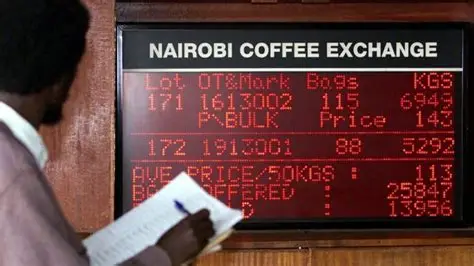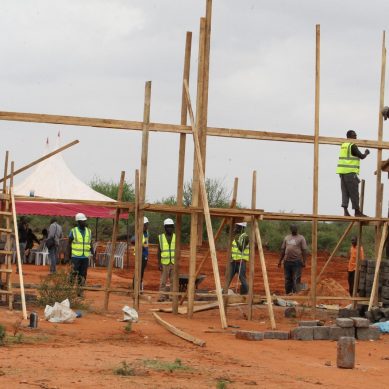
Torrents of predawn rain unleashed flooding that killed at least 111 people in a market town where northern Nigerian farmers sell their wares to traders from the south, officials said on Friday, predicting the death toll would grow.
The Nigerian Hydrological Services Agency did not immediately say how much rain fell after midnight on Thursday in the town of Mokwa in the state of Niger more than 180 miles (300 kilometres) west of Abuja, the capital of Africa’s most populous nation.
Communities in northern Nigeria have been experiencing prolonged dry spells worsened by climate change and excessive rainfall that leads to severe flooding during the brief wet season.
In videos and photos on social media, floodwaters covered neighbourhoods and homes were submerged, with their roofs barely visible above the brown coloured waters. Waist-deep in water, residents tried to salvage what they could, or rescue others.
“We lost many lives and the properties, our farm produce. Those that have their storage have lost it,” Kazeem Muhammed, a Mokwa resident, said.
AP correspondent Karen Chammas reports on the latest on flooding in Nigeria.
Besides the 111 confirmed dead, “more bodies have just been brought and are yet to be counted,” Niger state emergency agency spokesman IIbrahim Audu Husseini said by telephone on Friday afternoon.
Mokwa community leader Aliki Musa said the villagers are not used to such flooding. “The water is like spiritual water which used to come but it’s seasonal,” said Musa. “It can come now (and) it will take another twenty years before coming again.”
The chairman of the Mokwa local government area, Jibril Muregi, told local news website Premium Times that construction of flood-control works was long overdue.
“This critical infrastructure is essential to mitigating future flood risks and protecting lives and property,” he said.
In September, torrential rains and a dam collapse in the north-eastern city of Maiduguri caused severe flooding that left at least 30 people dead and displaced millions, worsening the humanitarian crisis caused by the Boko Haram insurgency.
- An AP report s







